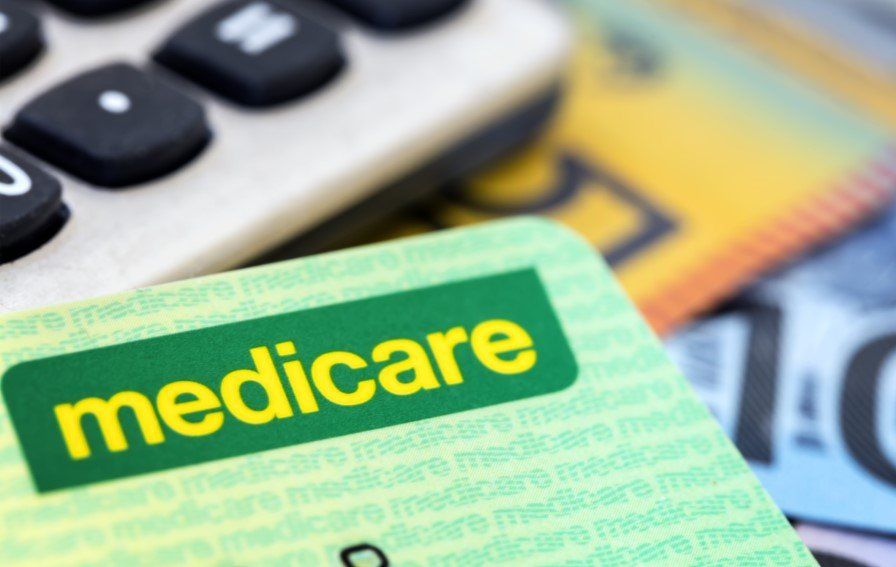Data-matching: Medicare Exemption Statement

ATO has announced the extension of its Medicare exemption statement data-matching program. This program has been conducted for the last 12 years and has been extended to collect data for the 2021 through to 2023 financial years. It is estimated that information relating to approximately 100,000 individuals will be obtained each financial year. The information that will be obtained include identification, entitlement status, and approved entitlement period details. The data will primarily be used to promote voluntary compliance and develop educational strategies.
As the year draws to an end, the ATO has extended another data-matching program, this time into the Medicare Exemption Statement (MES). The MES is a statement that outlines the period during a financial year that an individual was not eligible for Medicare and can be obtained from Services Australia. Individuals that are not eligible will then be exempt from paying the Medicare levy in their tax returns.
By way of background, if you live in Australia as an Australian citizen, a New Zealand citizen, an Australian permanent resident, an individual applying for permanent residency, or a temporary resident covered by a ministerial order, then you are eligible to enrol in Medicare and receive healthcare benefits. However, this also means that these individuals will need to pay Medicare levy at 2% of their taxable income to partly fund the scheme.
Therefore, those individuals not eligible for Medicare benefits may be able to apply for the MES to claim an exemption from paying the Medicare levy (and the Medicare levy surcharge if applicable) in their tax returns. The exemption needs to be applied for in each financial year that the individual is not entitled to Medicare benefits. You may be eligible to apply for a MES under the following circumstances:
- Australian permanent residents that has lived outside of Australia for 12 months or more;
- temporary visa holders that have not applied for permanent residency;
- temporary visa holders that are not eligible for Medicare under a Reciprocal Health Care Agreement;
- New Zealand citizens that have spent less than 6 months in Australia within a 12 month period; or
- Australian citizens living overseas for 5 years or more.
According to the ATO, the current MES data-matching program has been conducted for 12 years and the latest announcement extends the program to collect data from the 2021 financial year through to 2023 financial year inclusively. It is estimated that information relating to approximately 100,000 individuals will be obtained each financial year.
The information that will be obtained include identification (ie full name, DOB, residential and postal address, and client reference number), entitlement status, and approved entitlement period details.
The data collected will be used to ensure that exemptions claimed by taxpayers in their tax returns for the relevant years are correct, as well as to avoid unnecessary contact of genuine claimants of the exemption. The ATO will also be matching the number of days an individual claim they were not entitled to receive Medicare benefits with the information included in the MES to ensure correctness.
In the previous years this data-matching program has been run, around 87% of the Medicare exemptions in individual tax returns were able to be verified without needing to contact the taxpayer. However, the remaining 13% of taxpayers (around 11,000 individuals) that claimed Medicare exemptions were subjected to an ATO review. While the ATO does not detail the specific compliance that will flow from this data-matching program, it is expected to be used to promote voluntary compliance and develop educational strategies.
Need help?
If you’ve inadvertently or mistakenly declared in your tax return that you were exempt from the Medicare levy, we can help you lodge and amendment to get ahead of this data-matching program. If you need help to work out whether you could be exempt from the Medicare levy for the part or full-year, we have the expertise to assist.
Email us at Robert Goodman Accountants at reception@rgoodman.com.au . © Copyright 2021 Thomson Reuters. All rights reserved. Brought to you by Robert Goodman Accountants.









